Diversified Agroecosystems Research Cluster
Our research cluster is developing novel approaches to assess linked social and ecological outcomes of diversified agroecosystems.
Uniquely positioned as a research excellence cluster based at the University of British Columbia’s Centre for Sustainable Food Systems, our team members use ecological, social, economic and systems analysis perspectives to improve soil and water quality, minimize nutrient losses, protect biodiversity, and support climate resilience and food sovereignty.
The Diversified Agroecosystems Research Cluster aims to leverage the research excellence represented by CSFS members and global partners to evaluate diversified agroecosystems. Using ecological and systems analysis perspectives for integrated research on bioenergy, water resources, and food production, members will work to maximize crop yields, improve soil quality and biodiversity, and minimize nutrient losses to the environment. The network brings together leading researchers worldwide to create a novel, next-generation, grassroots generated and open-data food systems approach to assessing linked social and ecological outcomes of diversified agricultural systems.
Cluster News and Events
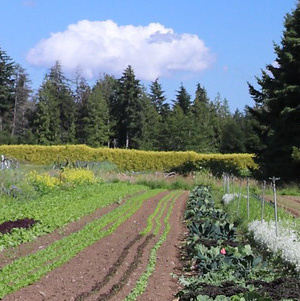
UBC Research Excellence Cluster on Diversified Agroecosystems
Diversified Agroecosystems Cluster is renewed
The Diversified Agroecosystems Cluster has been renewed for the next 2 years. This is a major UBC grant hosted at the CSFS and is a collaboration with researchers across North America.
28836
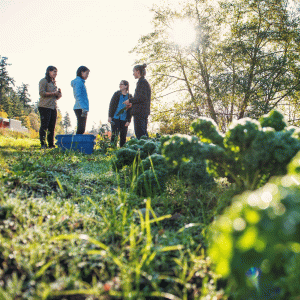
The Centre for Sustainable Food Systems at the UBC Farm is on the cutting edge of climate adaptation and resiliency in agriculture, according to a recent feature by BioLab Business.
23291
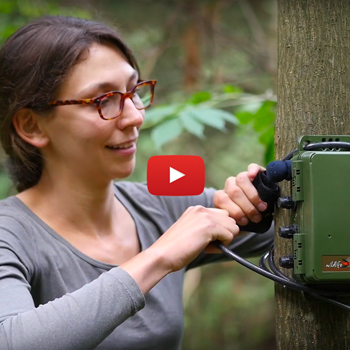
UBC Strategic Plan
Data Helps Drive Diversified Agroecosystems Research
Our data-driven cluster is featured by the UBC Strategic Plan: "Charting a pathway towards a sustainable food system in a way that is holistic and multidisciplinary is the goal of UBC’s Diversified Agroecosystems Research Cluster."
21885
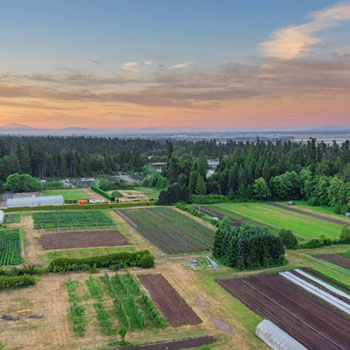
Diversified Agroecosystem Research Cluster
Developing a Long Term Agroecological Research Station
Establishing the UBC Farm as a living laboratory for developing long-term experimental protocols to examine trade-offs and synergies in diversified agroecosystems, and places it as the central hub in a Coordinated Distributed Experimental Network (CDEN) of diversified research farms around the world.
22046
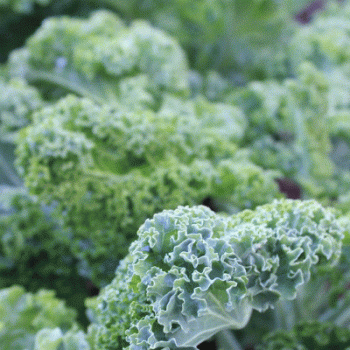
2018-2023
Organic Cluster III Recipients
Three linked UBC Farm projects led by Cluster members have been awarded funding through Organic Science Cluster III, an initiative of the Organic Federation of Canada funded by the AgriScience Program of Agriculture and Agri-Food Canada’s Canadian Agricultural Partnership
21899

October 17, 2019
The 'wicked’ sustainability problem of agricultural intensification
Public talk with Dr. Sieglinde Snapp “Action research tackles the ‘wicked’ sustainability problem of agricultural intensification", hosted by the Institute for Resources, Environment and Sustainability.
22114
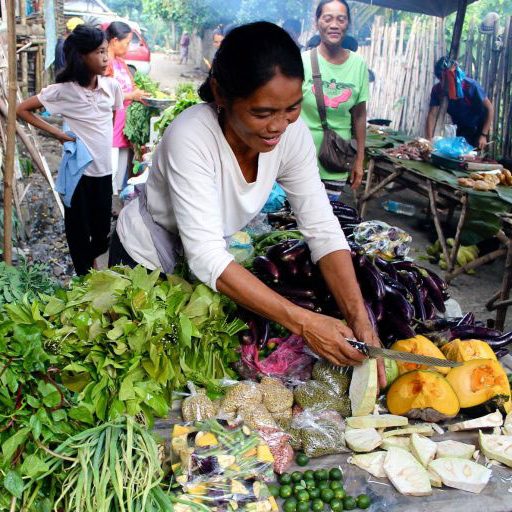
Summer 2019
Lobby Gallery Exhibition: Nature & Nourishment
In photographs from Asia, Africa, and the Americas, this exhibit took you around the world through the eyes of food systems researchers to explore the agrobiodiversity-food security nexus.
22039
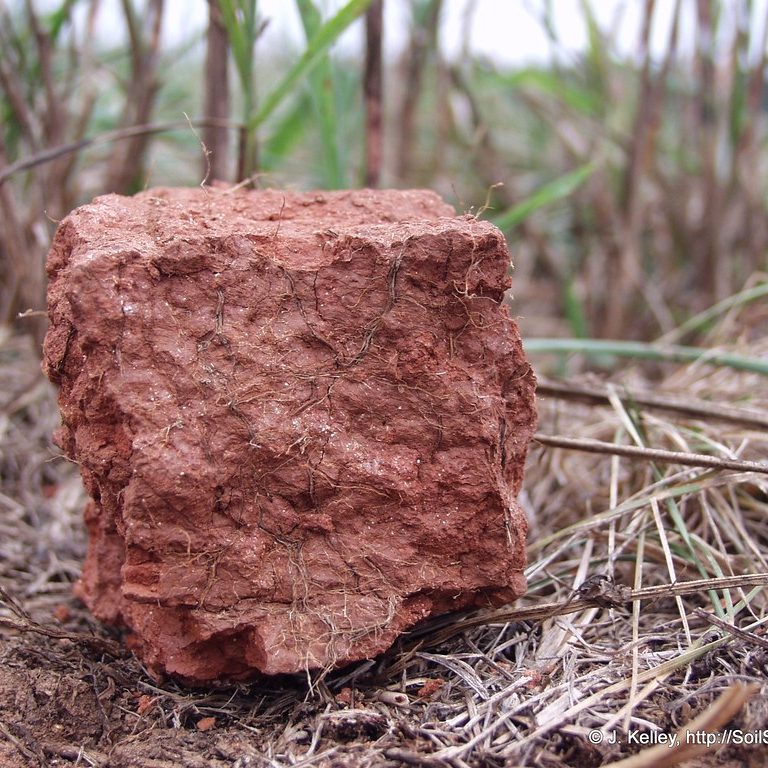
June 27, 2019
Cluster Hire Research Series: Soil Organic Matter Formation and Function
Join Dr. Emily Oldfield for a seminar on how soil organic matter formation occurs, how it is changing, and how it contributes to several ecosystem services like carbon sequestration and productivity.
20042
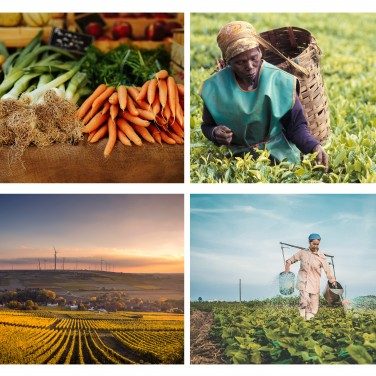
Thursday, May 30, 2019
Food Roundtable: Knowledge from Agroecological Experience
When we ignore the agroecological knowledge of farmers and local communities, what do we lose? Dr. Barbara Gemmill-Herren explores methods to facilitate better capturing of local experiences and impacts that ultimately reflect larger patterns in agriculture.
19016
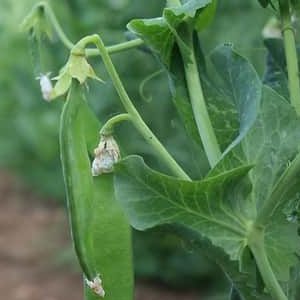
June 12, 2019
Cluster Hire Research Seminar: Novel insights into the coupling of plant structure and hydraulic function: implications for sustainable crop management
Join Dr. Thorsten Knipfer as he delivers his research seminar on plant structure, hydraulic functions, and sustainable crop management. This seminar is one in a series of nine research seminars taking place as part of the Faculty Cluster Hire in Plant and Soil science, co-sponsored by SAGE, APBI, and CSFS.
19496
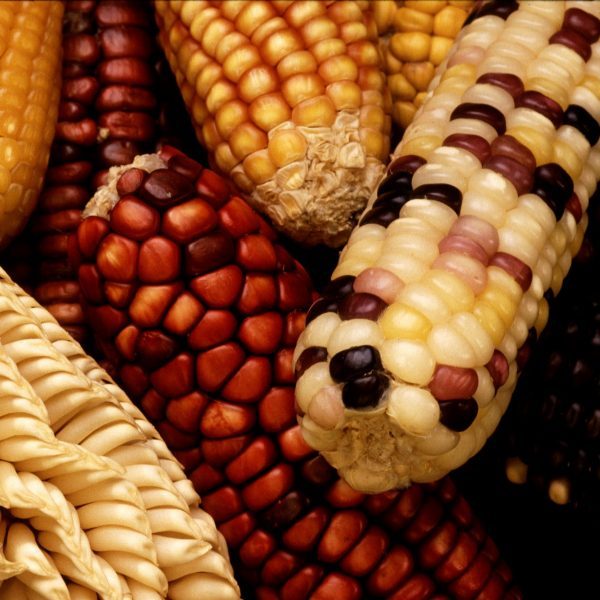
June 6, 2019
Cluster Hire Research Seminar: Advancing sustainable food systems in a changing world
Join Dr. Selena Ahmed as she delivers a research seminar on advancing food sustainability in a changing world. This seminar is one in a series of nine research seminars taking place as part of the Faculty Cluster Hire in Plant and Soil science, co-sponsored by SAGE, APBI, and CSFS.
19492
28836
23291
21885
22046
21899
22114
22039
20042
19016
19496
19492


